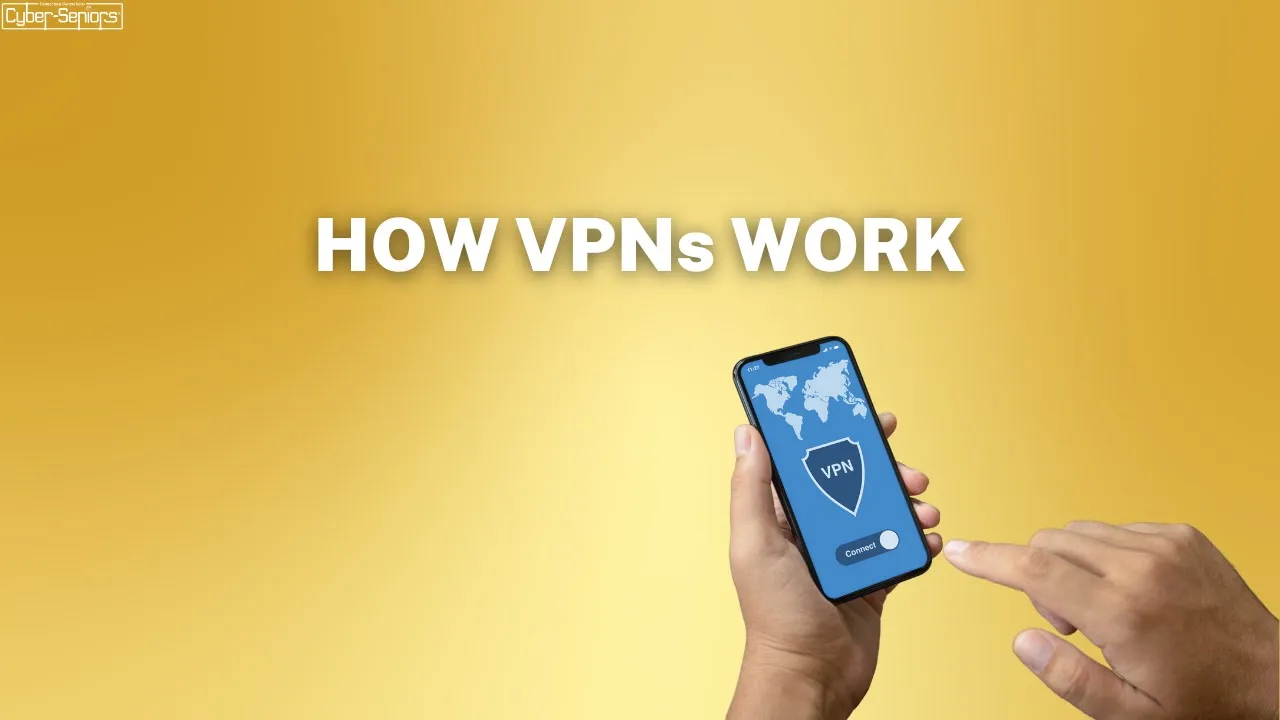The Best Travel Organization Apps
There are many great organization apps, such as Google Keep or Evernote, that can help you keep track of your itinerary, packing list, and other important travel information. In this webinar our teen tech mentor discusses how these organization apps can help you to stay organized throughout your trip.










